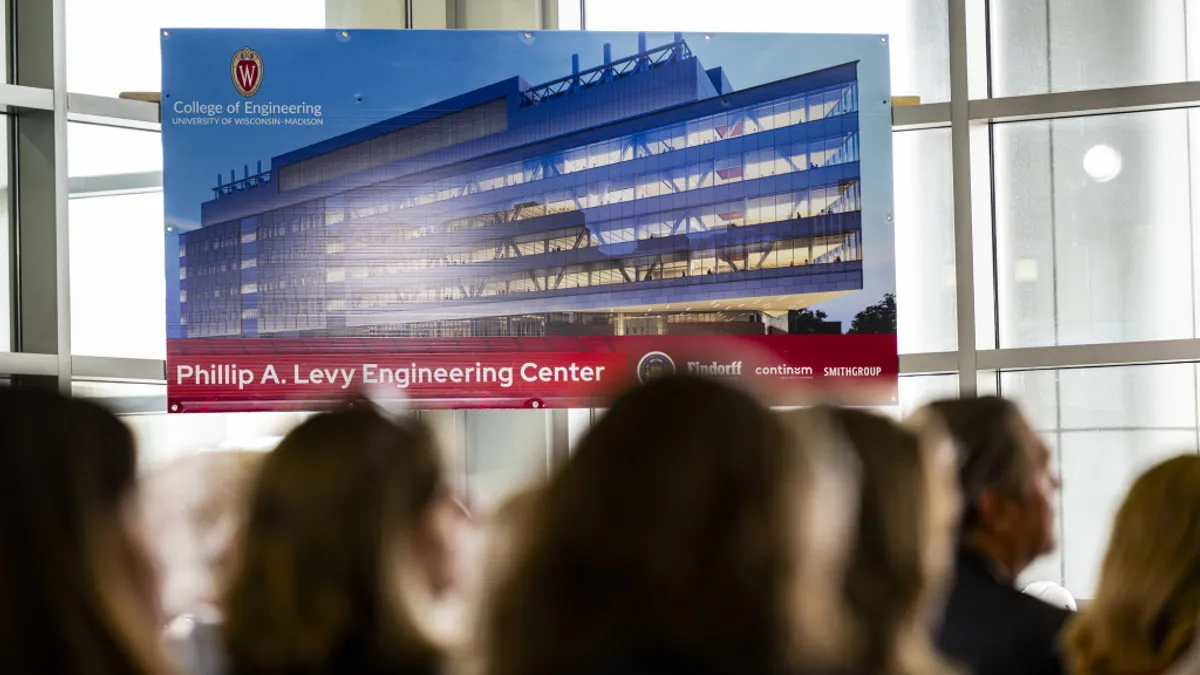It is going on three months now since Florida lawmakers did away with the state's Certificate of Need (CON) requirement for certain hospital projects. And what has that meant so far for the pace of healthcare-related construction in the state? Well, not much … yet.
A CON is a must-have in the majority of U.S. states for any developer that wants to build a hospital or most any other type of healthcare facility. For new construction or major expansions, the process entails a thorough evaluation of the planned services and the proposed number of beds in order to determine if the community actually needs the facility and can support it.
The theory behind these studies, according to the National Conference of State Legislators, is that overinvestment in hospital beds, equipment or services in one area will lead to higher prices, but those opposed to CON requirements argue that restrictions on the construction of new facilities actually limits the availability of services instead.
The discussion around CONs in Florida, said Liz Dudek, director of healthcare affairs at Greenberg Traurig in Tallahassee, has been ongoing since she began what turned out to be a long, accomplished career at the state’s Agency for Health Care Administration (AHCA), which is responsible for CONs, as well as plan reviews and other regulatory approvals for hospital construction.
What Florida lawmakers eventually decided was to eliminate the CON requirement, effective July 1, 2019, to pave way for new general acute care and long-term acute care hospitals. The repeal also applies to major expansions. As of July 1, 2021, additional healthcare construction projects, such as hospitals for children, specialty medical care facilities and substance abuse treatment centers will also be able to move forward without first securing a CON.
In Florida, Dudek said, healthcare construction activity was robust, with projects like additions, new outpatient facilities and offsite emergency departments fueled by a strong economy. All these projects, Dudek pointed out, were successfully planned and built under the state’s CON requirement.
However, she said, planning for hospital projects can take up to five years in Florida, and the CON requirement could add to an already lengthy development timeline because the AHCA accepts CON applications only twice a year, and the entire process is subject to the threat of litigation.
Dudek said her general sense is that there are providers looking at new hospital projects in Florida now that they don’t have to adhere to the restraints of a CON. “They might feel that they can select the right location and build whatever the right mix of services is for them,” she said. “[They can] make it all the things that it needs to be,” she said.
Even so, Dudek said, there hasn’t yet been a post-repeal uptick in hospital construction, according to the volume of plans submitted to the AHCA’s Office of Plans and Construction, but it is still too early to determine what the construction activity will ultimately be without the CON requirement.
The hospital construction segment has been keeping Turner Construction busy for at least the last three years, said Larry Blackburn, the company’s Florida director of healthcare. There have been a few Turner clients that have expressed interest in revisiting their projects after a previous CON denial and another has decided to move forward with a bed addition after experiencing difficulties in securing a CON under the old rules.
But another client, Blackburn said, is reconsidering its plans to build a hospital in Florida because of concerns that some other provider, free of the CON requirement, might take business away by building a facility close to theirs.
“Some systems are evaluating the potential negative impact because beds are going to be introduced into their regions,” he said. “A provider could throw up a micro-hospital next door and take beds. It could be like the wild, wild West."
Poised for growth
But the repeal and a potential increase in construction has some companies poised to move quickly if and when that happens.
EIR Healthcare, for example, specializes in the manufacture of modular hospital rooms and has supplied hospital projects in the state with prefabricated patient and other types of rooms, said Patrick Fenningham, the company’s chief product officer. The firm is “pounding the pavement” and making contact with providers, architects and contractors with the expectation that there will be an overall increase in construction now that the CON has been eliminated for major projects, he added.
And with more construction activity, Fenningham said, providers might be looking at shortening up their construction schedules with the convenience and factory-quality prefab units.
Some of the more customizable solutions EIR offers, he said, like for outpatient surgery centers, can be delivered and installed in approximately six months, or possibly slightly longer if there are long lead times for special requests.
“The fact that we’re able to deliver 40% faster [than more traditional construction methods],” he said, means [customers] are able to recognize revenue 40% faster.”






















